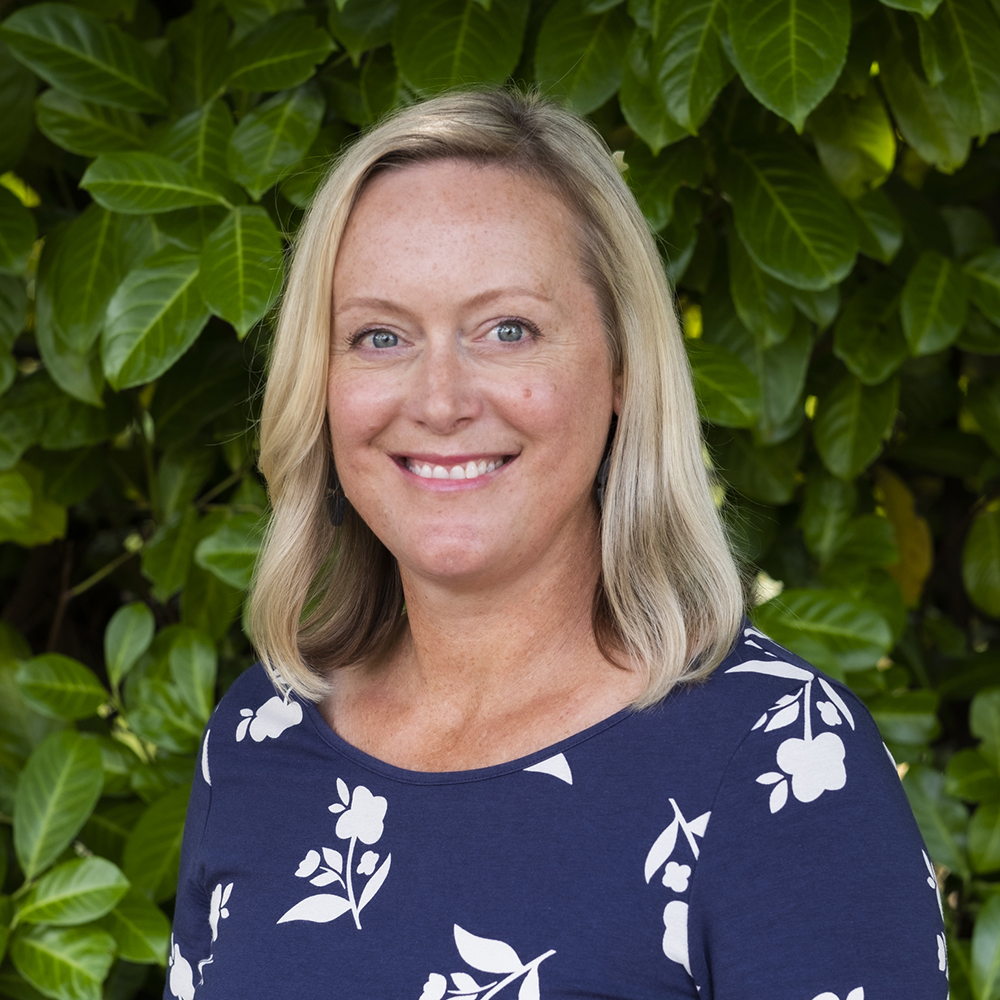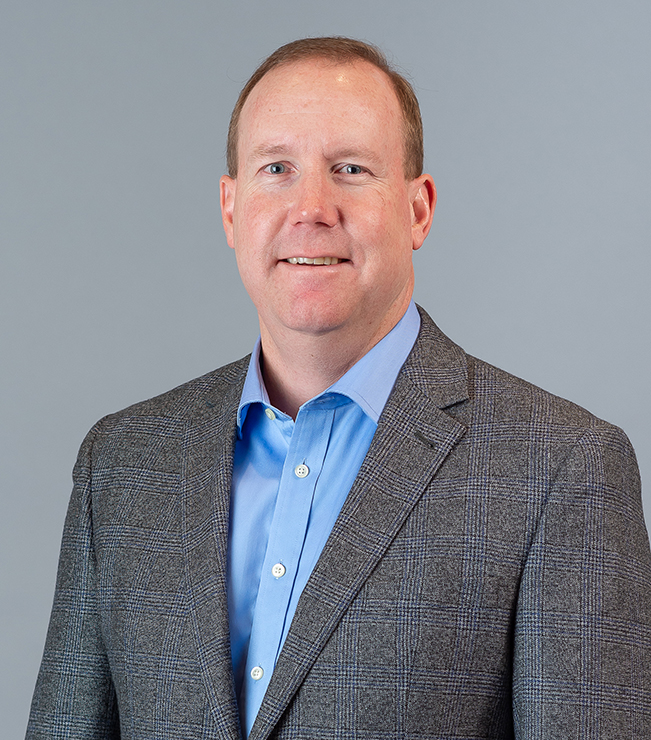 INSIGHTS
INSIGHTS
Tips to Help You Plan Your Charitable Giving
by Rachel Myers and Kevin De Young
ARTICLE | December 10, 2024
December is often a time when we make charitable gifts to support the causes that are important to us. As you approach those decisions, it can be wise to align your charitable goals with financial considerations, including maximizing tax deductions.
Here are a few tips to help you make the most of your giving:
Align Giving Plans with Your Core Values & Family Priorities
Reflect on Your Personal Values: Was there an organization or moment that made a lasting impact on you or your family? How might you support a similar cause or organization?
Create a Giving Mission Statement: Write a brief statement summarizing why you give and the impact you want to make, serving as a guide for your philanthropy.
Engage Your Family: Discuss shared values with family members to create a collective giving strategy.
Stay Updated on Tax Laws
Tax laws frequently change, affecting the standard deduction, limits on charitable deductions, and other provisions. Work with a financial advisor or tax professional to stay informed and adjust your strategy as needed.
Leverage Tax-Advantaged Giving Methods
Donor-Advised Funds (DAFs): Contribute to a DAF to get an immediate tax deduction while having the flexibility to distribute funds to charities over time.
Qualified Charitable Distributions (QCDs): If you’re over 70½, make tax-free charitable contributions directly from your IRA, which can satisfy Required Minimum Distributions (RMDs).
Appreciated Assets: Donate stocks, real estate, or other appreciated assets to avoid capital gains tax while getting a deduction for the full market value.
Bunching Donations: Consult with your tax advisor to determine if this is a good year to combine multiple years of giving into a single tax year to exceed the standard deduction and itemize.
Consider the Timing of Your Contributions
Year-End Deadlines: Ensure contributions are made before December 31 to count for the current tax year.
Plan Around Tax Brackets: If you anticipate a higher income year, consider making larger contributions to offset the increased tax burden.
Research and Verify Charities
Check Eligibility: Only donate to IRS-qualified 501(c)(3) organizations to qualify for a tax deduction.
Charity Ratings: Use platforms like Charity Navigator or Guidestar to evaluate the impact and financial health of organizations.
Keep Detailed Records
Receipts and Documentation: Save donation receipts, acknowledgment letters, and any records for non-cash contributions.
IRS Forms: For non-cash contributions over $500, file IRS Form 8283; for assets over $5,000, an appraisal may be required.
Explore How You Might Incorporate Philanthropy Into Your Estate Planning
Charitable Remainder Trusts (CRTs): Provide income during your lifetime, with remaining assets going to charity.
Bequests: Include charities in your will to create a lasting legacy and potentially reduce estate taxes.
Life Insurance or Retirement Accounts: Name a charity as a beneficiary for tax-efficient giving.
Foster Long-Term Relationships with Charities to Create Lasting Impact
Partner With Organizations: Build relationships with organizations that reflect your values and goals, offering time, expertise, or feedback in addition to funding.
Evaluate Impact Together: Work with these organizations to assess how your contributions help advance shared goals.
Volunteer to Make Your Giving Personal and Purposeful: Combine financial contributions with hands-on involvement for a deeper connection to the cause.
Let us know how our team can help you to plan for your philanthropic giving for maximum impact to the causes that matter most to you.
Let's Talk!
Call us at (360) 734-4280 or fill out the form below and we'll contact you to discuss your specific situation.

Rachel Myers
Employee Engagement Manager
Rachel Myers joined Larson Gross with a career that spans 25 years in nonprofit leadership, communications, and facilitation. As a consultant and collaborator Rachel offers expertise in strategic assessment, board training, communications strategy, planned giving program development, facilitating effective meetings, and working with teams to define their values and build healthy organizational cultures.

Kevin De Young CPA, AEP
Partner
Kevin De Young joined Larson Gross in 1994 after earning his Bachelor of Science degree in accounting from Calvin College in Grand Rapids, Mich. He became a Partner of the firm in 2008.
He is an Accredited Estate Planner and the firm’s Estate Planning & Trusts expert. He is a member of the Northwest Estate Planning Council and is a sought-after speaker and presenter on estate planning topics.
